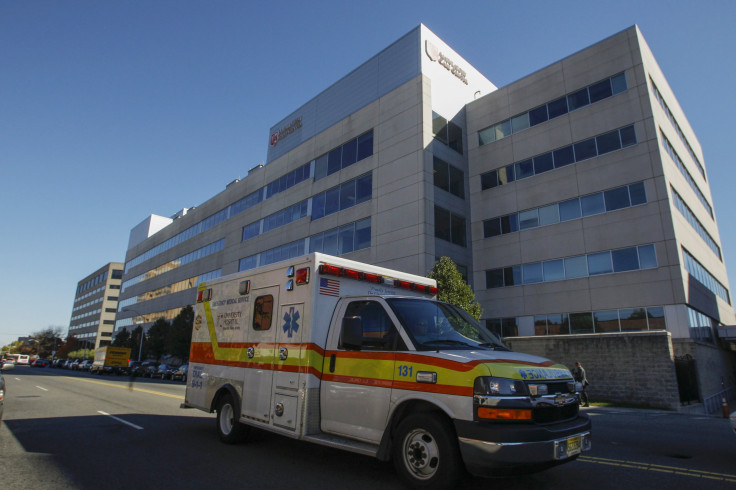Ebola Quarantines US: AIDS Activists ‘Disgusted’ By Mandatory Isolations For Health Workers

AIDS activists have joined health experts and the White House in opposing mandatory quarantines for U.S. health workers returning to New York and New Jersey from treating Ebola patients in West Africa. They said the 21-day quarantines are “not supported by evidence” the Ebola virus is contagious if a person is asymptomatic, and the quarantines contradict “effective public health policy,” according to a letter released Monday that criticized the state’s Ebola policies and was signed by more than 100 AIDS activists and researchers, the New York Times reported.
“I’m disgusted and livid,” Peter Staley, one of the letter’s coordinators and a prominent AIDS activist who was recently appointed to New York Gov. Andrew Cuomo’s new task force on HIV, told the New York Times. Cuomo has said he wants to cut the new infection rate of HIV in the city by three-quarters before 2020. Twelve members of Cuomo’s HIV task force, which the governor announced earlier in October, signed the letter.
Lawmakers declared the mandatory quarantines last week after New York health officials confirmed the city’s first case of Ebola, Dr. Craig Spencer, who tested positive for the virus shortly after he returned to the U.S. from Guinea. Spencer had been treating Ebola patients in West Africa with Doctors Without Borders when he contracted the illness. He did not show symptoms until several days after landing in New York, after which he immediately sought treatment and was hospitalized.
New Jersey Gov. Chris Christie, along with Cuomo, announced, the quarantine policy Friday and Christie reiterated his support Sunday; however, both have since said authorities would allow quarantined persons to be isolated in their homes rather than in hospitals.
When the AIDS virus hit the U.S. in the early 1980s, many HIV/AIDS patients were stigmatized and faced social isolation, physical assault and discrimination at work and were frequently driven from their homes, according to research from the Department of Psychology at the University of California at Davis conducted in the early 1990s. Despite widespread fear of the virus in the early days of the AIDS epidemic, U.S. lawmakers drew the line at quarantining AIDS patients, something critics said would have discouraged people with the virus from seeking treatment.
Those who oppose the Ebola quarantines in New Jersey and New York say the policies create a similar stigma against the disease that is not rooted in science. “If you have a policy that says, ‘Oh my god, this person, even though they’re not symptomatic, we don’t trust them,’ that sends a signal that the information the scientists have been telling us is incorrect,” Paul Cleary, the dean of Yale’s school of public health, told the New York Times. The White House has said such mandatory isolations could discourage health workers from volunteering to fight the Ebola outbreak in West Africa if they know compulsory quarantines await them back in the U.S.
© Copyright IBTimes 2025. All rights reserved.






















